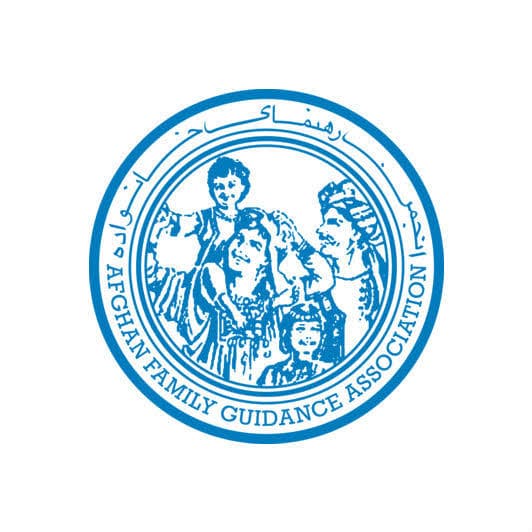Job Purpose:
The Physiotherapist (PT), will be an integral part of a dedicated team providing physical and functional rehabilitation services to the most vulnerable individuals including individuals with injuries and disabilities. This role encompasses working in diverse settings, including Regional Hospitals, District Clinics, Returnees in Transit Camps, and Zero Points. You will actively contribute to both hospital-based care and community-based rehabilitation setups to enhance the overall well-being of beneficiaries. The Physiotherapist (PT) is a member of multidisciplinary team (other PTs, Mental health and Psychosocial worker and P&O technician).
Job Description
The Duties and responsibilities may include but not limited to:
Key Responsibilities:
1: Provision of Physical and Functional Rehabilitation
- Assess and diagnose patients with injuries, disabilities, or mobility impairments. Develop and implement individualized physiotherapy treatment plans based on assessment findings.
- Provide hands-on therapy, exercises, and other rehabilitation interventions to promote recovery and independence
- Create personalized treatment plans outlining the provision of assistive devices, including mobility aids, wheelchairs, orthotics, and rehabilitation equipment.
- Ensure treatment plans are evidence-based and aligned with best practices in physiotherapy.
- Educate patients on their conditions, treatment plans, and expected outcomes.
- Provide guidance on home exercises and self-care practices to enhance the effectiveness of rehabilitation.
2: Provision of Assistive Devices
Assessment and Prescription:
- Conduct comprehensive assessments of individuals with disabilities to determine their specific needs for assistive devices.
- Analyze mobility requirements, orthotic needs, and rehabilitation equipment necessities based on individual patient conditions.
- Conduct proper fittings for mobility aids, wheelchairs, orthotics, and rehabilitation equipment
- Provide necessary adjustments and modifications to ensure optimal comfort, functionality, and safety for the individual.
- Educate patients and their caregivers on the proper use, maintenance, and care of assistive devices.
- Provide guidance on incorporating devices into daily activities to enhance independence and quality of life.
- Identify suitable assistive devices needs and collaborate with relevant Project manager/Officers or supply team for procurement.
3: Documentation and Reporting:
- Complete and maintain detailed physiotherapy assessment forms for each patient, outlining the initial evaluation of their physical condition and rehabilitation needs.
- Implement and document outcomes measures as part of the assessment process, evaluating the impact of physiotherapy interventions and assistive device provision on patient outcomes.
- Track changes in functional abilities, pain levels, and other relevant parameters to assess the effectiveness of the rehabilitation program.
- Conduct regular follow-up assessments to monitor patient progress and make necessary adjustments to treatment plans and assistive devices.
- Document follow-up outcomes, including improvements, challenges, and recommendations for ongoing care.
- Maintain accurate discharge documentation, summarizing the overall rehabilitation journey, achievements, and recommendations for future care.
- Generate donation certificates for the provision of assistive devices, ensuring compliance with organizational standards and legal requirements.
- Develop case studies and collect testimonies to provide evidence and input for reporting purposes.
- Ensure that all required forms and documentation are submitted to Data Officers in a timely manner.
- Engage in Continuous Professional Development (CPD) with Rehabilitation Technical officers with activities and collaborative learning initiatives to enhance skills and knowledge.
- Regularly communicate with Rehabilitation Technical Officers to share challenges and actively participate in the learning process.
4: Ethics and Professionalism:
- Obtain informed consent from patients before initiating any physiotherapy interventions.
- Clearly communicate treatment options, potential risks, and expected outcomes to patients and their families.
- Demonstrate cultural competence and sensitivity in working with patients from diverse backgrounds.
- Respect and consider cultural beliefs and values in the provision of physiotherapy care.
- Maintain clear and professional boundaries with patients, ensuring a respectful and therapeutic relationship.
- Avoid dual relationships that may compromise objectivity or the welfare of the patient.
- Demonstrate professional conduct in appearance, demeanor, and communication.
- Handle conflicts professionally, seeking resolution through appropriate channels.
- Uphold the highest ethical and professional standards in all aspects of physiotherapy practice.
5: Multidisciplinary Team Approach and Referral
- Actively participate in a multidisciplinary team, collaborating with healthcare professionals such as Doctors, other Physiotherapist, MHPSS worker, social workers, P&O Technician and other relevant team members.
- Integrate input from other disciplines to create comprehensive and coordinated care plans.
- Ensure that patients receive comprehensive and integrated care that addresses their physical, emotional, and social well-being.
- Facilitate the referral process within the multidisciplinary team, ensuring seamless transitions between different healthcare services.
- Provide timely and relevant information to other team members for effective patient management.
Responsibilities may evolve as per programmatic needs and adapting to local circumstances. It is expected that the position holder will perform any other duties as required by the Line Manager that are commensurate with the position.






